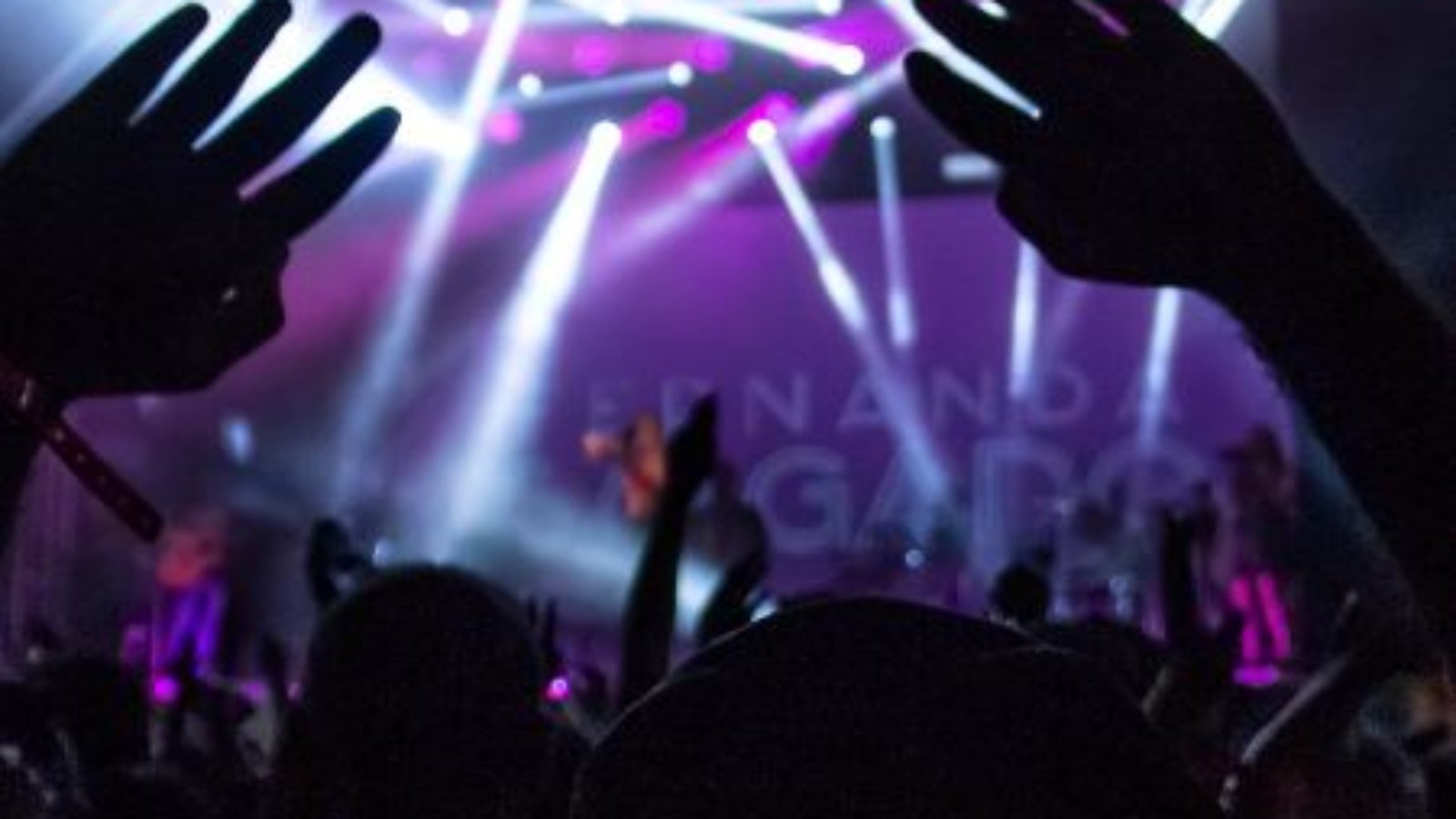Music Shows and Concerts
About Music Shows and Concerts
Music shows and concerts are live events that feature musical performances by artists, bands, or musicians. These events offer audiences the opportunity to experience music in a dynamic and immersive way. Here's an explanation of what music shows and concerts entail:
Artist or Band Selection:
- Booking Artists: Event organizers or promoters select and book musical acts based on the genre, popularity, and appeal of the artists to the target audience.
- Event Theme: Concerts can have specific themes or concepts, such as tribute concerts, charity events, or music festivals, influencing the selection of performers.
Venue Selection:
- Venue Size and Type: The choice of venue depends on the expected audience size, acoustic considerations, and the atmosphere that best suits the event.
- Technical Requirements: Concert venues must meet technical requirements for sound and lighting, and the setup should accommodate the needs of the performers.
Production and Technical Setup:
- Sound Reinforcement: High-quality sound systems, including microphones, amplifiers, and speakers, are essential for delivering the music to the audience.
- Lighting and Visual Effects: Concerts often incorporate dynamic lighting and visual effects to enhance the visual experience and create a captivating atmosphere.
- Stage Design: The stage is designed to optimize visibility for the audience and provide space for musicians, instruments, and equipment.
Ticketing and Promotion:
- Ticket Sales: Organizers set ticket prices and manage the sale of tickets through various channels, including online platforms, box offices, and outlets.
- Marketing and Promotion: Concerts are promoted through advertising, social media, radio, and partnerships with sponsors to attract a diverse and engaged audience.
Logistics and Event Management:
- Event Planning: Detailed planning includes logistics, security, crowd control, and emergency response measures.
- Artist Hospitality: Ensuring artists' comfort and needs are met, including dressing rooms, catering, and transportation.
Audience Experience:
- Seating Arrangements: Concerts may have general admission or assigned seating, depending on the venue and event format.
- Concessions: Food and beverage options, including concessions and merchandise, enhance the overall concert experience for attendees.
- Safety and Security: Concert organizers prioritize the safety and security of attendees, implementing measures to handle emergencies and crowd management.
Live Performance:
- Musical Performances: Artists or bands perform live, delivering their repertoire to an enthusiastic audience.
- Stage Presence: Musicians often engage with the audience, creating a memorable and interactive experience.
Post-Event Activities:
- Merchandise Sales: Concertgoers have the opportunity to purchase artist merchandise, such as T-shirts, CDs, and posters.
- Fan Engagement: Some concerts offer meet-and-greet opportunities for fans to interact with the performers.
Documentation and Recording:
- Concert Recording: Some concerts are professionally recorded or live-streamed for future distribution or commercial release.
- Photography and Videography: Event documentation includes capturing photographs and videos for promotional purposes.
Music shows and concerts are not only a platform for artists to showcase their talent but also a means for fans to connect with their favorite musicians and experience the magic of live music. The success of these events relies on careful planning, technical excellence, and creating an immersive atmosphere that leaves a lasting impact on the audience.



Leave a comment